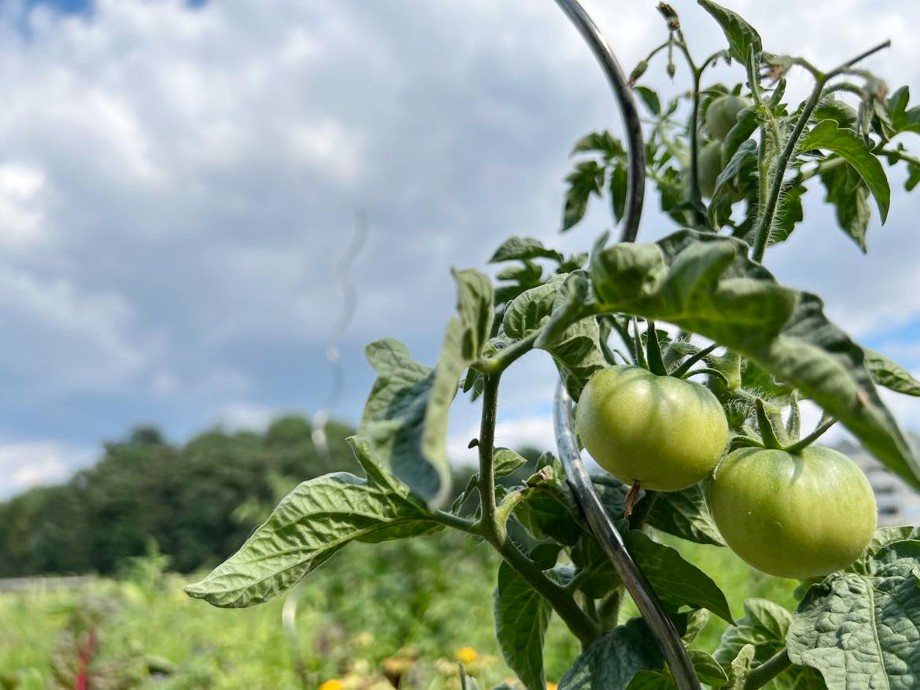
In the hustle and bustle of modern life, there’s a simple pleasure that comes from tending to a garden (and homesteading as a whole), specifically growing your own vegetables and herbs. Where we are, we only get about 5 months of good weather to grow vegetables out in the sun, although these vegetables were a friend’s (they went to Greece and couldn’t harvest- so I went on their stead). And harvesting is always a fun experience, we got some tomatoes, chilies, eggplants, and rhubarb.
This fulfilling activity not only brings joy but also offers a host of benefits for both your well-being and the environment. Whether you have a sprawling backyard or just a small balcony, cultivating your own green space can be a rewarding and educational experience.
The Joy of Gardening
Connection with Nature
Planting vegetables and herbs provides a direct link to the natural world. Tending to plants allows you to observe the rhythm of growth, changing seasons, and the delicate balance of ecosystems.
Therapeutic Activity
Gardening has been proven to reduce stress, anxiety, and depression. The act of planting, nurturing, and watching your plants flourish can have a calming effect on your mind.
Sense of Accomplishment
Witnessing tiny seeds transform into thriving plants offers a sense of achievement and pride. It’s a tangible result of your efforts that can boost self-esteem.
Family and Community Bonding
Gardening can be a family or community activity, bringing people together to collaborate on a shared project. It’s an opportunity to pass on knowledge to younger generations and build connections with neighbors.


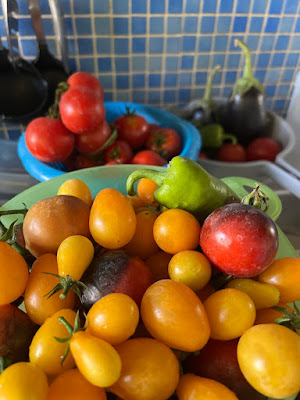
Benefits of Growing Your Own Vegetables and Herbs
Fresh and Nutritious Produce
Homegrown vegetables and herbs are rich in nutrients, often fresher and more flavorful than store-bought options. You have control over the use of pesticides and fertilizers, ensuring cleaner, healthier food.
Cost Savings
While there’s an initial investment in gardening supplies, the long-term cost savings can be substantial. A packet of seeds can yield a bountiful harvest, reducing your grocery expenses.
Environmental Impact
By growing your own produce, you contribute to reducing the carbon footprint associated with commercial agriculture, transportation, and packaging. You also help conserve biodiversity by cultivating heirloom and lesser-known varieties.
Educational Opportunity
Gardening offers hands-on learning for all ages. Children can learn about plant life cycles, photosynthesis, and the importance of caring for the environment. Adults can deepen their understanding of horticulture and sustainable practices.
Control Over Pesticides and Chemicals
When you grow your own vegetables, you have control over the use of pesticides and chemicals. This allows you to prioritize organic and eco-friendly practices, leading to safer and healthier food.
Encourages Healthy Eating
Having a garden filled with fresh produce can inspire you to incorporate more vegetables and herbs into your diet. This, in turn, can promote better health and nutrition.
Reduced Food Waste
You can harvest only what you need, reducing the likelihood of food waste. Any excess produce can be shared with friends, family, or local food banks.
It’s also encouraging to cook with fresh ingredients. So here’s a low-carb pasta recipe we cooked with the tomatoes we harvested.
Fresh recipe – Shirataki with mussels
Ingredients:
- 1 pound fresh mussels, cleaned and debearded
- 2 cups cherry tomatoes, halved
- 1 package (7 ounces) shirataki noodles, rinsed and drained
- 1/4 cup fresh basil leaves, chopped
- 1 tablespoon olive oil
- 2 cloves garlic, minced
- 1/2 cup low-carb creamy sauce (such as a blend of heavy cream and cream cheese or click for recipe)
- 1/4 cup grated Parmesan cheese
- Salt and pepper to taste
- Crushed red pepper flakes (optional, for added heat)
- Fresh basil leaves, for garnish
Instructions:
Prepare the Ingredients:
Clean and debeard the mussels, discarding any that are open or do not close when tapped.
Halve the cherry tomatoes and chop the fresh basil leaves.
Rinse the shirataki noodles under cold water and drain well.
Cook the Shirataki Noodles:
In a large pot of boiling water, blanch the shirataki noodles for 2-3 minutes to remove any odor. Drain and set aside.
Sauté the Aromatics:
In a large skillet, heat the olive oil over medium heat. Add the minced garlic and sauté for about 1 minute until fragrant.
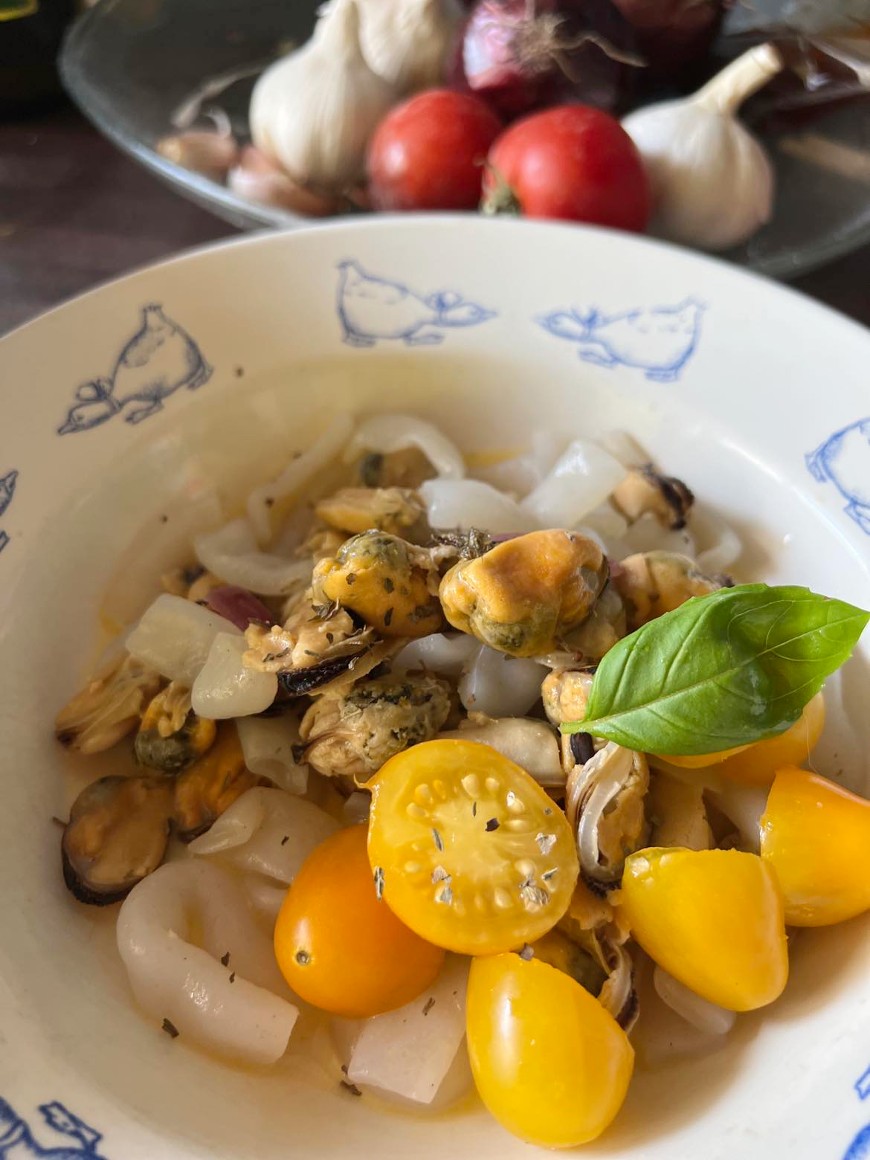
Add Tomatoes and Sauce:
Add the halved cherry tomatoes to the skillet. Cook for 3-4 minutes until they start to soften and release their juices.
Pour in the low-carb creamy sauce and stir to combine. Allow the sauce to simmer for a few minutes to develop flavors.
Cook the Mussels:
Add the cleaned mussels to the skillet. Cover the skillet with a lid and let the mussels cook for 5-7 minutes. Shake the skillet occasionally to ensure even cooking. Discard any mussels that do not open.
Incorporate Noodles and Basil:
Gently stir the blanched shirataki noodles into the creamy mussels and tomato mixture.
Add chopped basil leaves and grated Parmesan cheese to the skillet. Season with salt and pepper to taste. If desired, sprinkle a pinch of crushed red pepper flakes for extra heat.
Serve:
Divide the creamy mussels, tomatoes, and shirataki noodles among serving plates.
Garnish with fresh basil leaves and an additional sprinkle of Parmesan cheese if desired.
Enjoy:
Serve the Low-Carb Creamy Tomato and Basil Mussels with Shirataki Noodles immediately, savoring the delicious blend of flavors and textures.
This recipe combines the natural brininess of mussels with the freshness of tomatoes and basil, all wrapped up in a low-carb creamy sauce. The addition of shirataki noodles provides a satisfying pasta-like element without the extra carbs. It’s a wholesome and flavorful dish that caters to a low-carb lifestyle while indulging in the richness of creamy goodness.
—
In a world where technology often disconnects us from nature, cultivating a garden offers an opportunity to reconnect, slow down, and appreciate the wonders of life. The fun and benefits of planting your own vegetables and herbs extend beyond the act itself, enriching your physical, mental, and emotional well-being while contributing positively to the planet. And you get to cook with the freshest ingredients that doesn’t cost a lot.


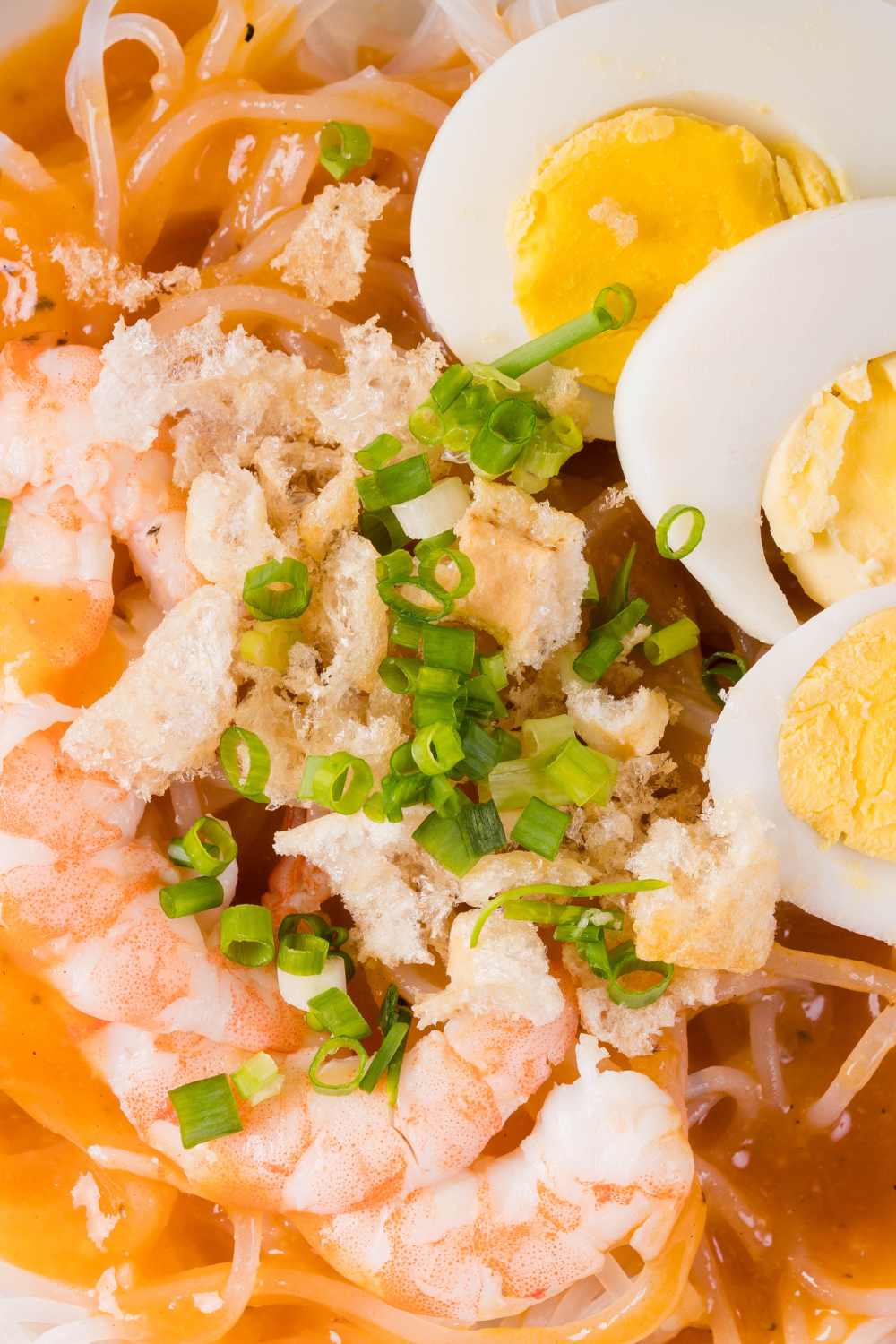
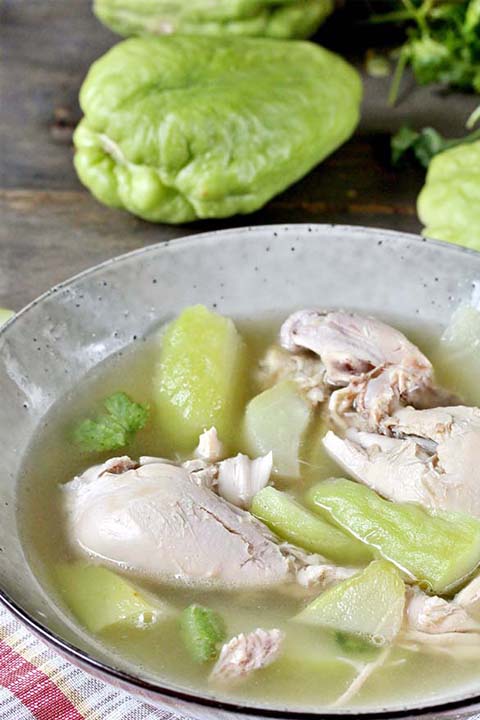

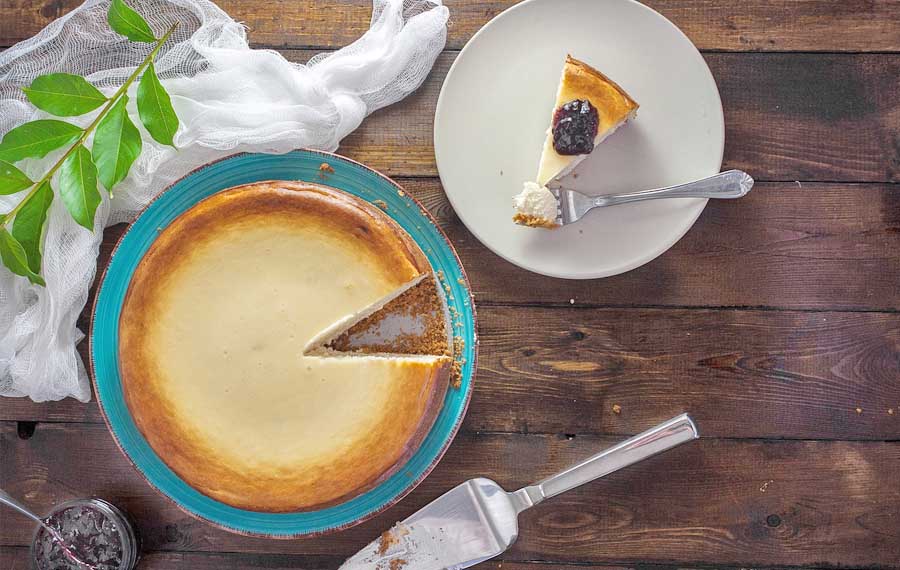
I so wish I could do this but I have a black thumb. I tend to kill everything I try to grow.
I do too, but the weather/season make it difficult… 😀 on the black thumb 😀
I plant herbs in my garden every year and then I try to keep them going inside over winter so I have fresh herbs when I need them.
I sometimes try this but the winter – even when inside can be harsh for them. :/
Gardening is one of my passions and I love planting here in Florida. We grow during the fall winter and spring and the tomatoes down here are kiss good!! Love getting my hands dirty.
I remember reading that the serotonin in the soil gives us that relaxing feeling, getting dirty hands when planting is actually good!
I love gardening for the food. While I hate the work the benefits of fresh veggies is awesome.
I’ve long thought of having my own herb garden but never started it. I’m feeling encouraged to try this year after reading through all the benefits! Once I do I’ll be sure to try your recipe.
I definitely cannot wait for planting season again and honestly….I want a greenhouse… nothing too big but a nice size to grow year round 😉 Love fresh veggies and herbs!
These are definitely some of the huge benefits to planting your own produce! I miss my tomato and herb garden!
I couldn’t agree more about the therapeutic aspect of gardening. Watching plants grow has this calming effect that’s hard to describe. It’s like tending to the garden nurtures not just the plants, but also your own well-being!
I’ve always wanted to garden. This is great inspo (and reasoning!) for doing so.
This is a great post. I do want to grow my own fruit and veg when I have my own garden. Home grown is much nicer.
This got me inspired to start my little garden, and it’s been such a joy watching the plants grow.
My husband loves having a garden. I love being able to enjoy tomatoes all the time where as we cant afford to buy all the time.
2024 is going to be my year of gardening success.. i know it.. (hope i can manifest it this way!)
We love planting our own veggies and herbs. I did it a lot more when the kids were younger and I wanted them to have the experience and learn about how to garden. Homegrown veggies like tomatoes are really the best, and so much better than store-bought!